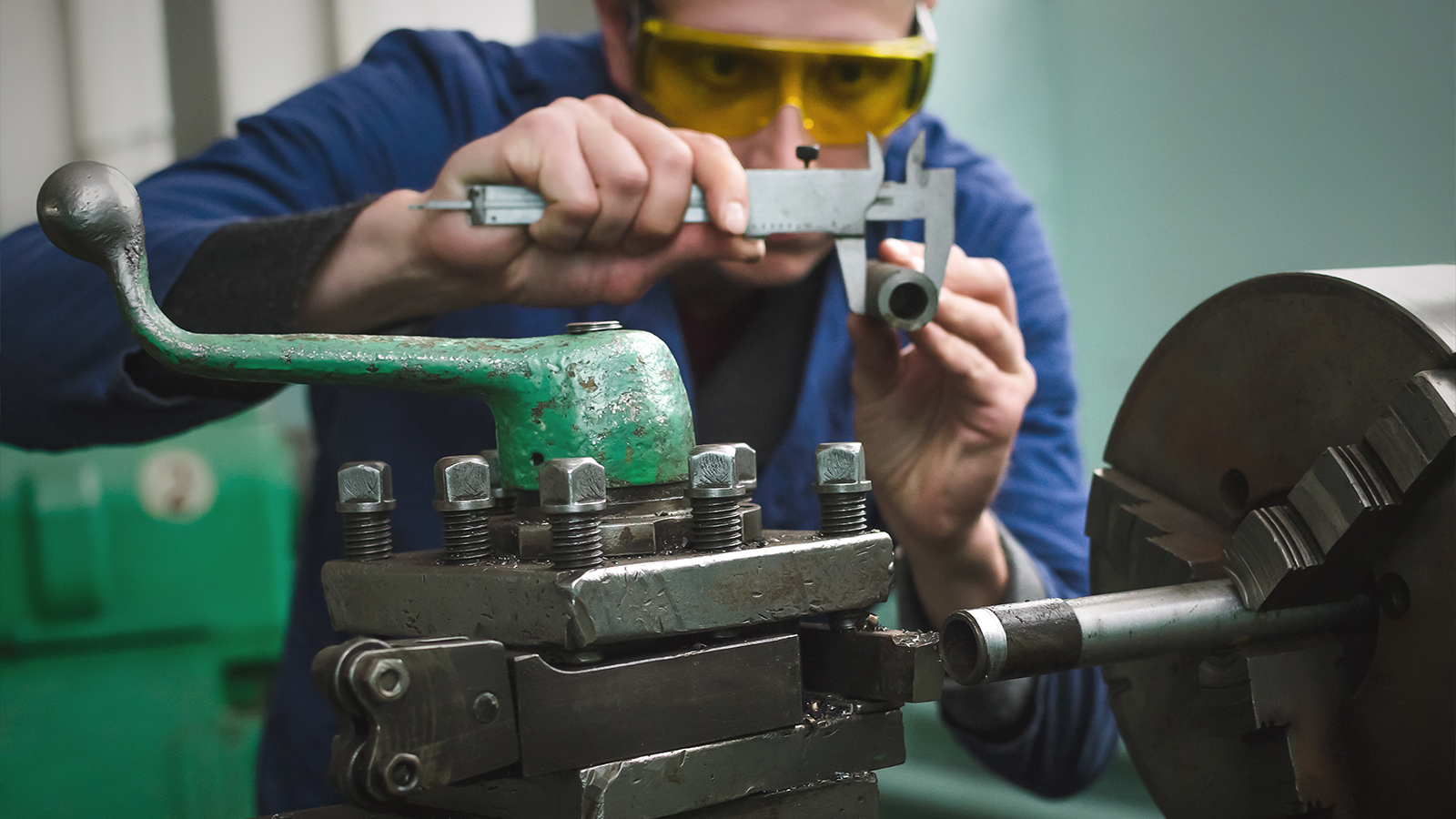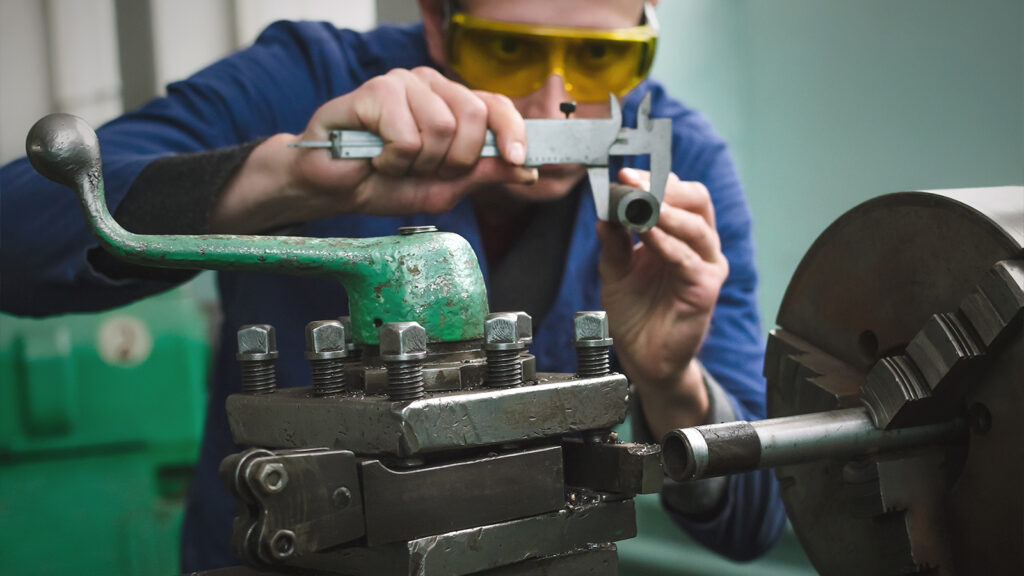
While mastering manual machining is a valuable skill, combining it with CNC manufacturing training can significantly enhance your career prospects and earning potential. Here’s how further training in CNC manufacturing can complement your skills as a manual machinist:
1. Expanded Skill Set: Learning CNC machining allows you to operate computer-controlled machines that produce parts with even greater precision and efficiency. This dual skill set makes you more versatile and valuable to employers.
2. Increased Job Opportunities: Many companies seek machinists who are proficient in both manual and CNC machining. This combination opens doors to a wider range of industries and positions.
3. Higher Earning Potential: CNC machinists typically earn higher wages due to the advanced skills required to operate and program CNC machines. By stacking CNC training with manual machining skills, you can command a higher salary.
4. Advanced Problem-Solving: Understanding both manual and CNC machining enhances your problem-solving abilities, as you can draw on both sets of skills to troubleshoot and optimize manufacturing processes.
5. Career Advancement: With expertise in both areas, you may have greater opportunities for career advancement, such as moving into supervisory roles, quality control, or even teaching and training other machinists.
Job Prospects in Manufacturing
The demand for skilled manual machinists remains steady, particularly in manufacturing hubs like Texas. The state's manufacturing sector has been experiencing significant growth, creating a wealth of opportunities for machinists.
Texas Manufacturing Growth: Texas is a powerhouse in the manufacturing industry, with over 860,000 people employed in the sector. The Texas Workforce Commission projects continued growth, driven by sectors such as solar, automotive, and high-tech manufacturing.
High Demand for Skilled Workers: As experienced machinists retire, the need for skilled machinists continues to rise. Companies are actively seeking individuals with both manual and CNC machining skills.
Diverse Industries: Machinists can find employment in various sectors, including manufacturing, aerospace, and automotive industries.
Geographic Flexibility: With manufacturing facilities spread across Texas, machinists have the flexibility to choose employment in different regions based on their preferences.
Earning Potential
The earning potential for manual machinists can be quite rewarding, especially with experience and specialization:
Entry-Level Wages: Starting wages for entry-level machinists typically range from $18 to $20 per hour, depending on the region and industry.
Experienced Machinists: With experience and advanced skills, manual machinists can earn between $25 to $35 per hour.
Specialization: Machinists who specialize in high-demand areas, such as tool and die making or prototype manufacturing, can command even higher wages.
Advantages of a Career in Manufacturing
Hands-On Work: If you enjoy working with your hands and creating tangible products, this career offers a high level of job satisfaction.
Skill Development: Machinists continuously develop their skills and knowledge, staying engaged and challenged.
Job Stability: Skilled machinists are always in demand, providing a stable career path with opportunities for advancement.
Innovation: Machinists often work on cutting-edge projects, contributing to advancements in technology and manufacturing processes.
Conclusion
A career as a manual machinist can be both fulfilling and lucrative for those who have a passion for making things. Adding CNC manufacturing to your skill set can further enhance your career, making you a versatile and highly sought-after professional in the machining industry. In Texas, where manufacturing is booming, the prospects for skilled machinists are particularly promising.


